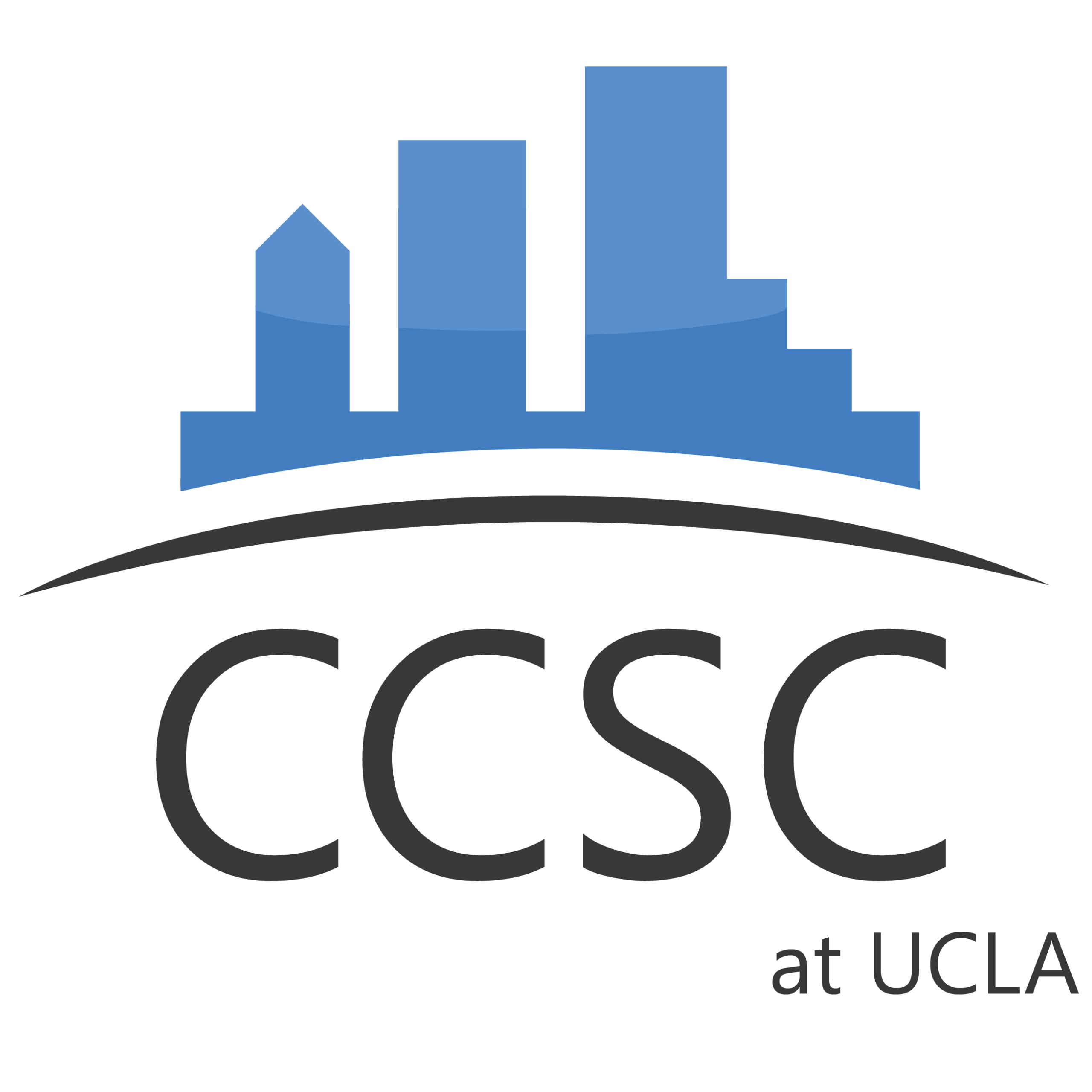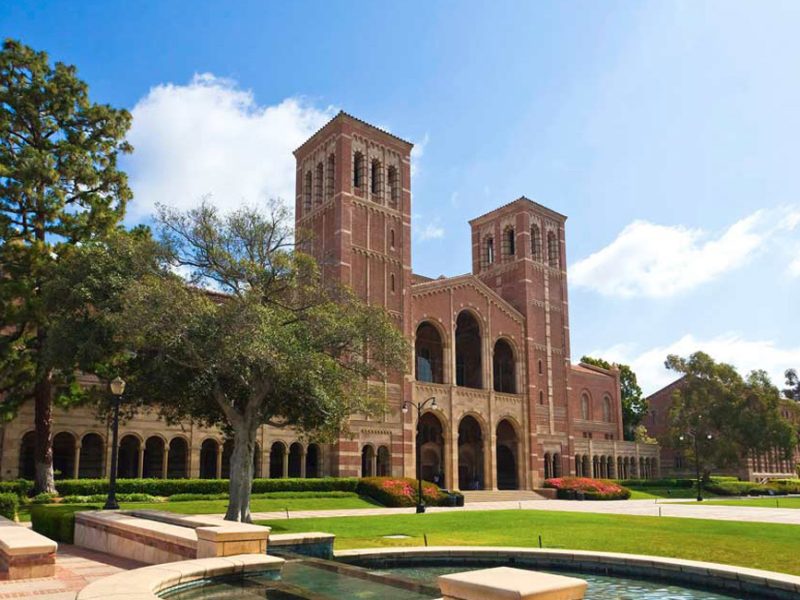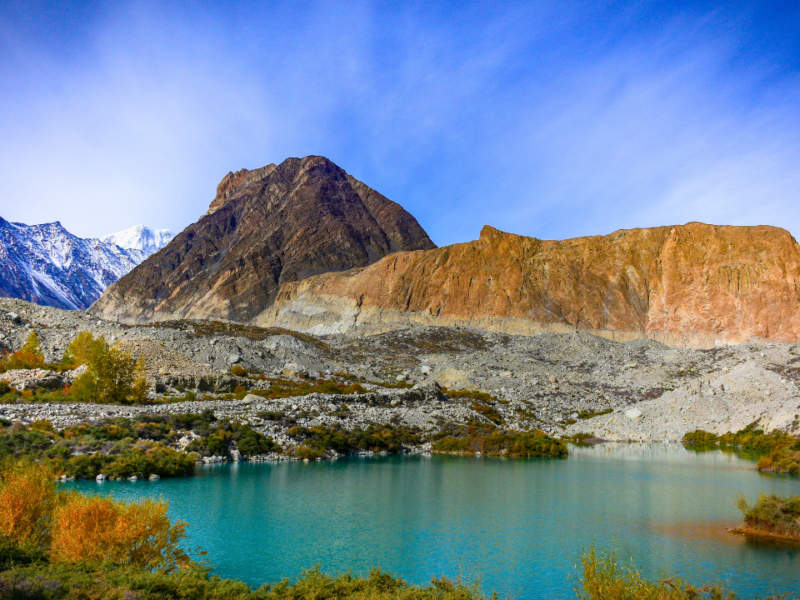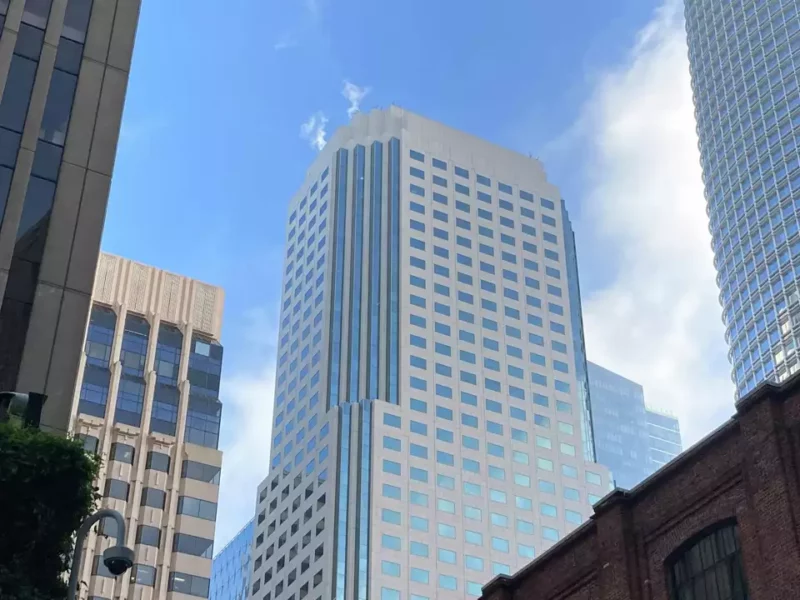Announcements
UCLA to guide the prioritization and evaluation of equity strategies for LADWP’s clean energy transition
Last year, as part of the study, the UCLA Luskin Center for Innovation (LCI) and colleagues provided LADWP with recommendations for robust, long-term solutions to low-income customers’ ability to pay their bills through the clean energy transition. Now, in partnership with the UCLA California Center for Sustainable Communities, our researchers are digging deeper into energy equity issues to guide the agency’s development, implementation, and evaluation of these recommendations. “LADWP has the opportunity to lead the nation in how to achieve a more just energy transition,” said Stephanie Pincetl, director of the UCLA California Center for Sustainable Communities, “and we are honored to help facilitate that possibility.”







